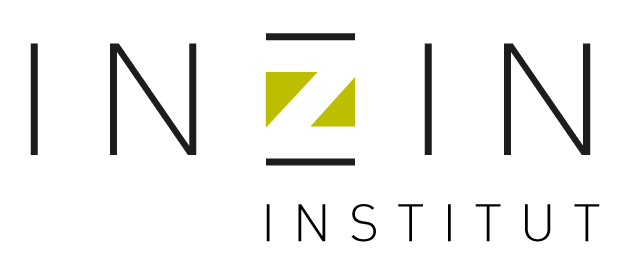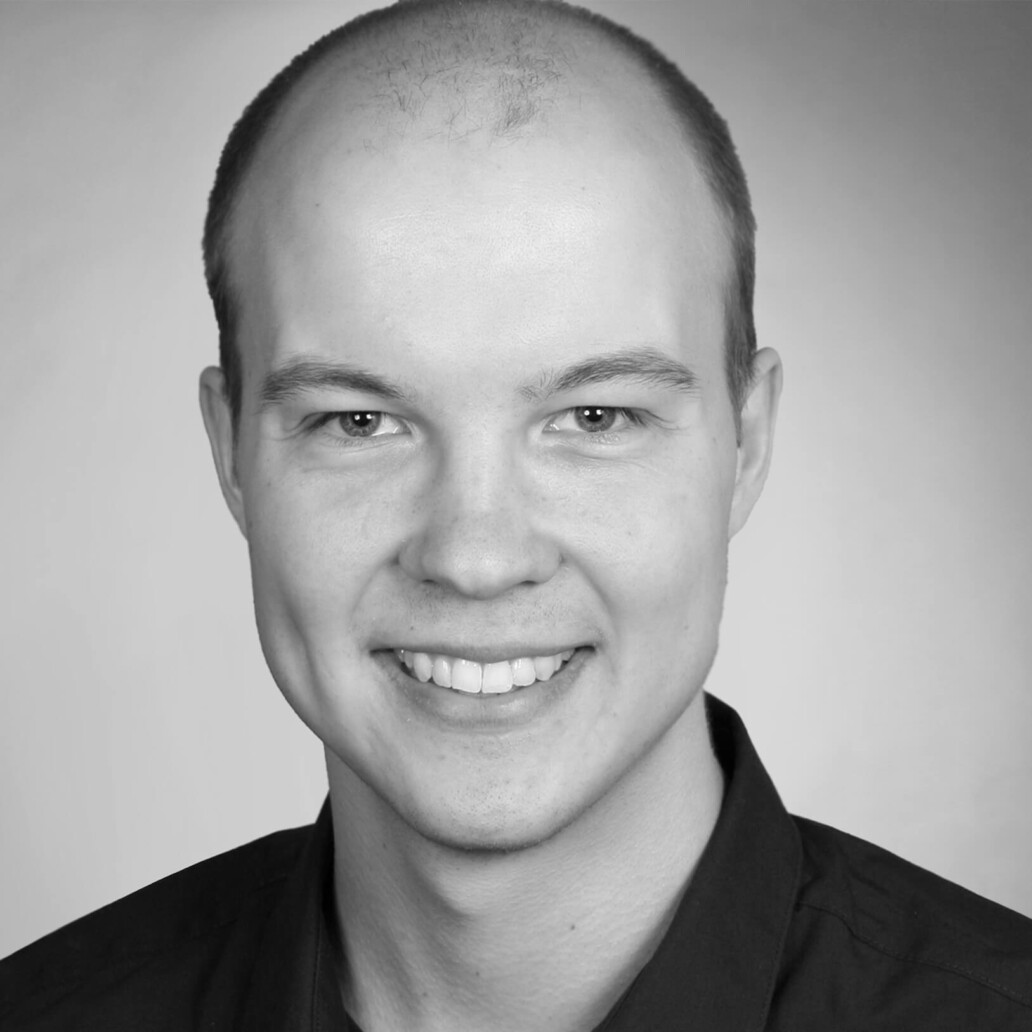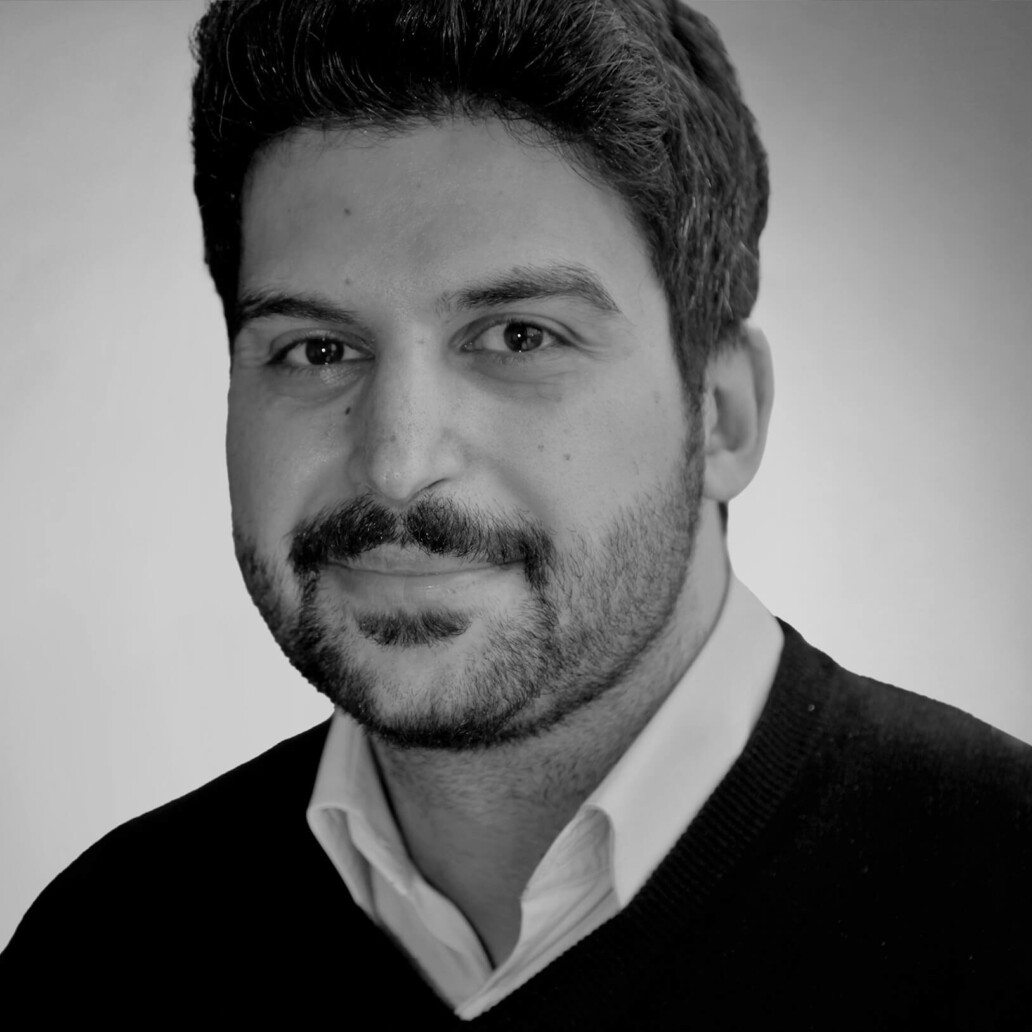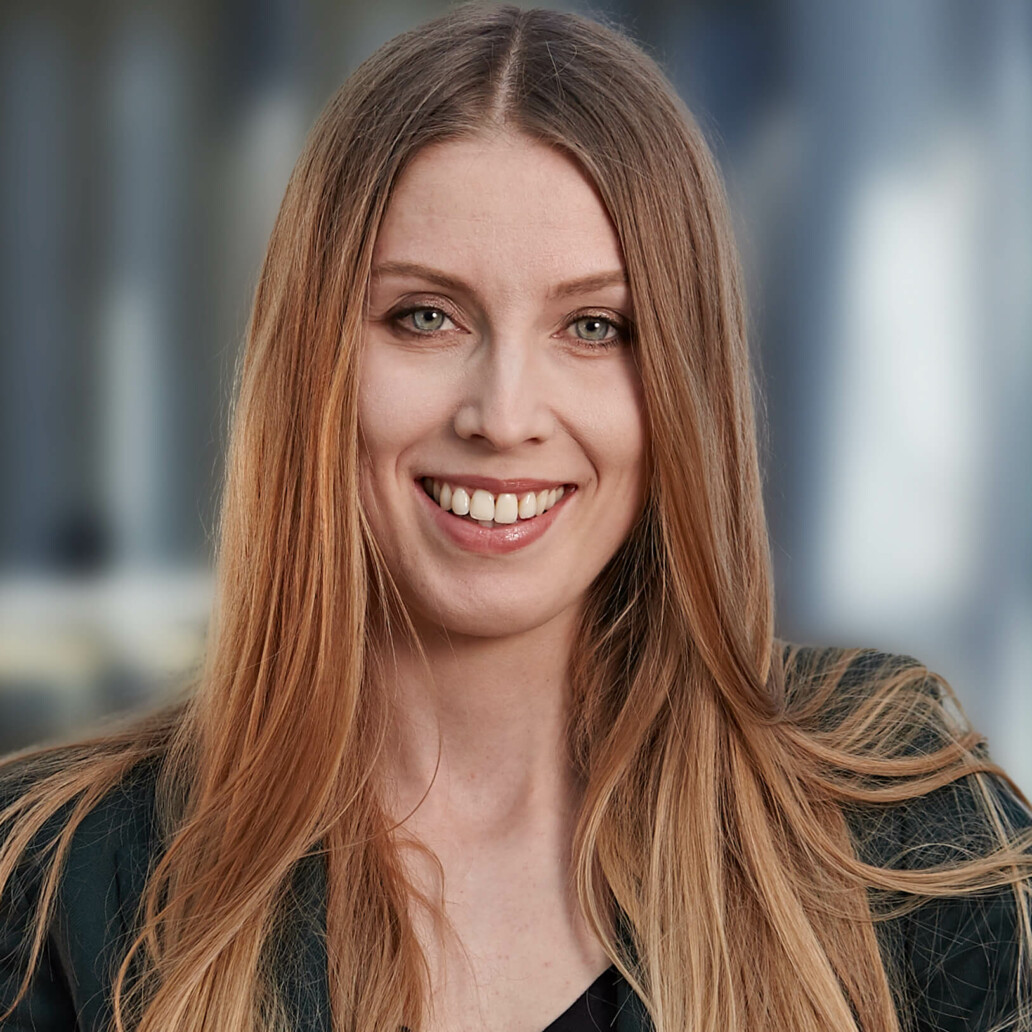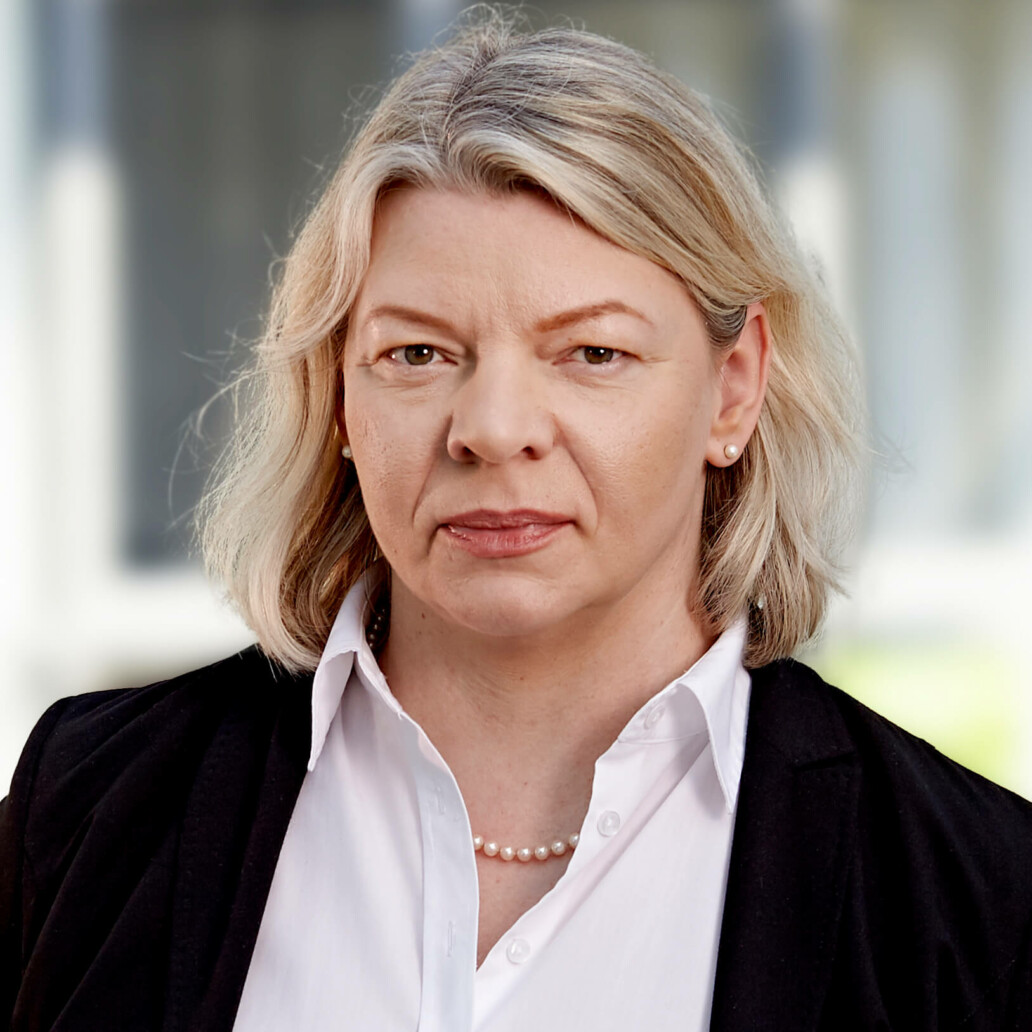Dr. Alexander Gönner
Month: July 2022
Contact
alexander.goenner(at)web.de
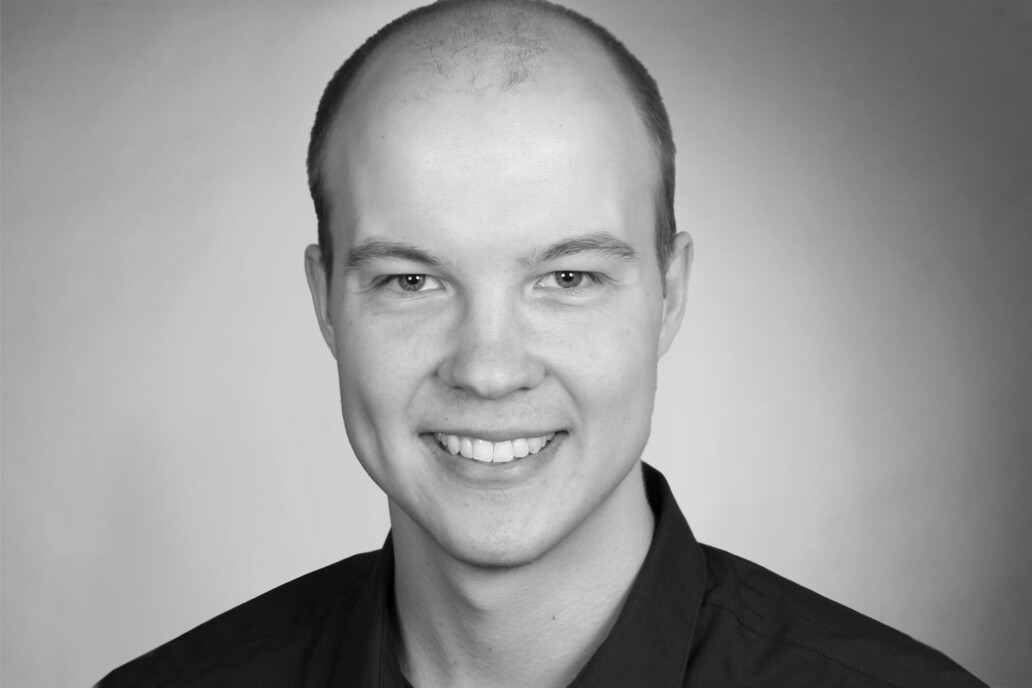
Vita
Alexander Gönner, born on January 18, 1995 in Steinfurt, has been working for Remondis Assets & Services GmbH & Co. KG in the Research & Development Department of Plant Engineering since February 2020. He previously studied physics at the Westfälische Wilhelms-Universität Münster as part of a Bachelor’s and Master’s degree program. During his studies, his research focused on nonlinear phenomena in optics, while he is currently working on the development of novel optical weighing techniques for the recycling industry.
Research topic
Bulk density determination in recycling plants with fiber Bragg grids
In order to achieve the goal of a functioning circular economy, current recycling processes must be optimized so that less waste can be disposed of and more can be recycled. This requires more information about the material currently being processed. One of the main problems here is the bulk density, which can only be measured with insufficient accuracy on conveyor belts due to the uncertainty of the electric belt scales currently in use.
In his research, Mr. Gönner is therefore working on the development of a new type of optical belt scale that promises better properties and greater accuracy than its electrical counterpart. The idea is to use glass fibers in which a Bragg grid has been inscribed. Using the reflective properties of the grid, the bulk density of the conveyed material can be measured precisely and quickly. Above all, the insensitivity to electromagnetic interference, weaker ageing effects and lower costs make an optical belt scale an attractive alternative to the electrical method currently used.
Keywords
Fiber optic sensors, belt scales, bulk density, recycling industry
Taner Akbay
Month: July 2022
Contact
Energy from Waste GmbH
Schöninger Str. 2-3
38350 Helmstedt
E-mail: Taner.Akbay(at)eew-energyfromwaste.com
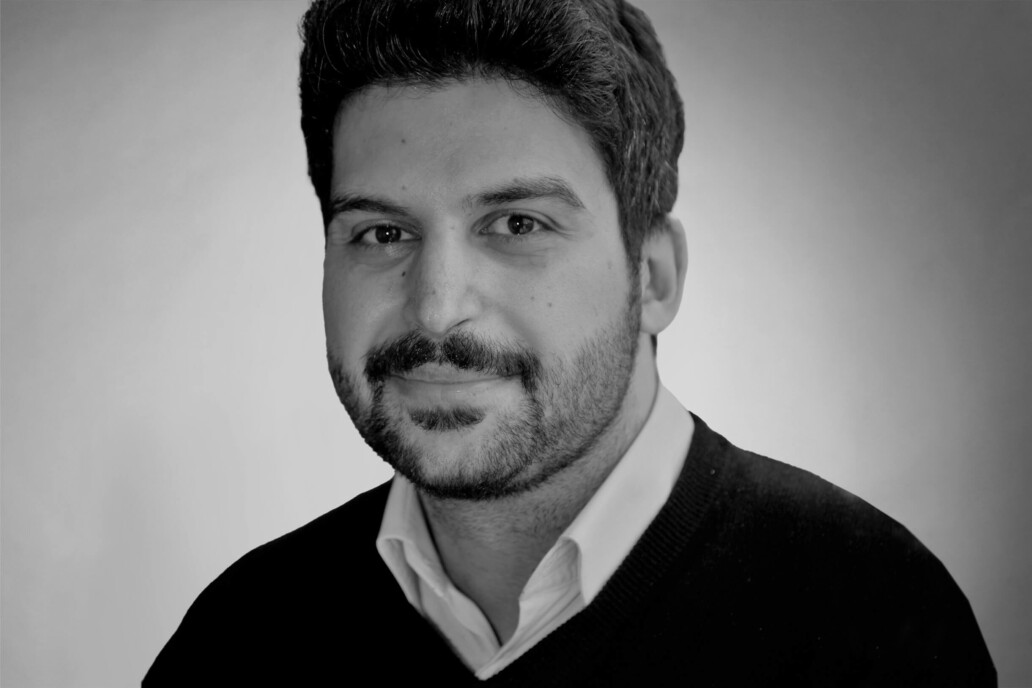
Vita
Taner Akbay, born on 01.06.1987 in Hanover, has been working as a specialist engineer for EEW Energy from Waste GmbH since the end of 2017. He previously studied mechanical engineering at Leibniz University in Hanover. As a specialist engineer for flue gas cleaning, he supports and optimizes the company’s waste incineration plants with the aim of safely complying with the emission limits in accordance with the 17th BImSchV. In addition to applying engineering knowledge, he uses the latest AI technologies such as neural networks or machine learning to predict, for example, fluctuating pollutant concentrations, contamination in the steam generator or difficult-to-measure temperatures in the combustion chamber due to the inhomogeneity of the waste. This is because the availability and optimum operation of the system can be increased by recognizing the interdependencies at an early stage.
Research topic
► supervised learning,
► unsupervised learning,
► semi-supervised learning and
► reinforcement learning.
Keywords
Decarbonization, digitalization, thermal recycling, AI, data mining, machine and deep learning
Jule Jeschonowski-Papstein
Month: July 2022
Master of Science (M.Sc.) Industrial Engineering,
Specialization in production/logistics/manufacturing
E-mail: jule.jeschonowski(at)inzin.de
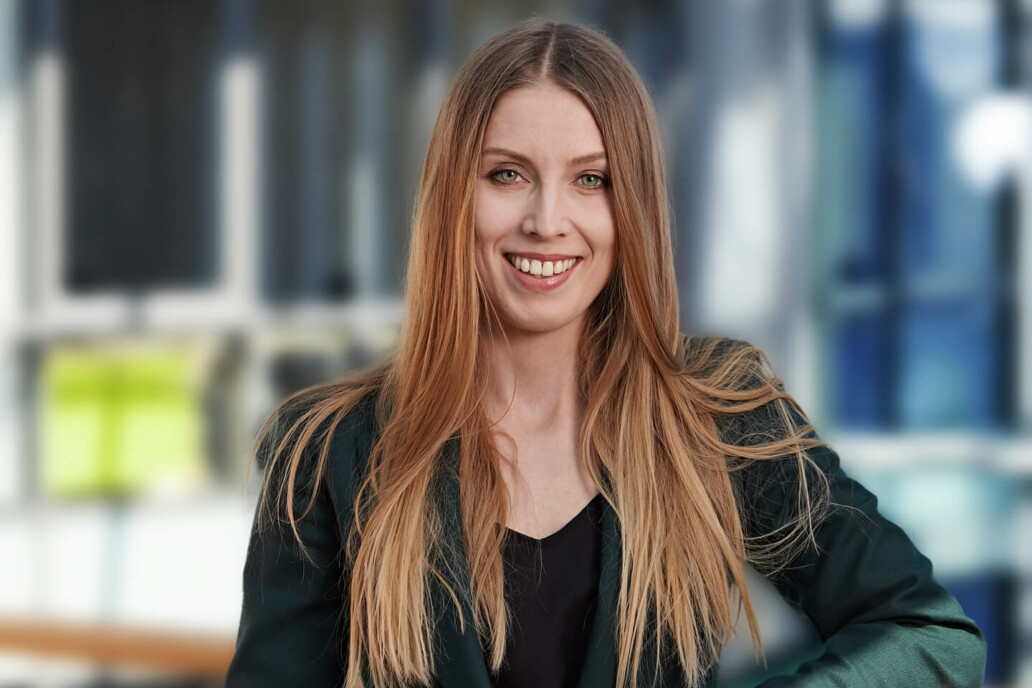
Vita
Jule Jeschonowski-Papstein, born in Nettetal in 1995, has been researching ecodesign, a key aspect of the circular economy, as a scholarship holder at the INZIN Institute in cooperation with Veolia since October 2021. Mrs. Jeschonowski-Papstein also works as a research assistant at the TU Dortmund University.
Previously, she worked as a research assistant at the University of Wuppertal in the teaching and research area of construction management and construction industry in the field of modern construction management as well as the digitization and optimization of processes within the framework of BIM. She studied industrial engineering with a specialization in production/logistics and manufacturing at the HS Niederrhein and HS Hamm-Lippstadt.
Dr. Ewa Harlacz
Month: July 2022
Dr. jur.
Project Manager
E-mail: ewa.harlacz(at)inzin.de
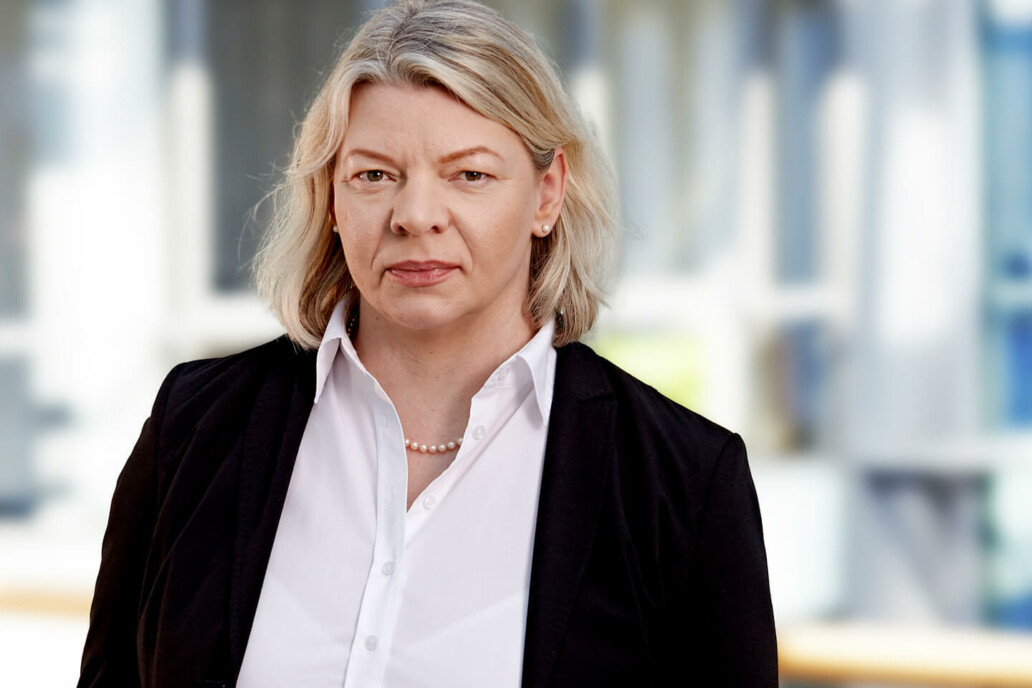
Vita
Dr. Ewa Harlacz has been a project manager at the INZIN Institute since 2020. Among other things, she is responsible for the regional networking of Green Economy companies in the Green Economy Network North Rhine-Westphalia (KNUW) and organizes regional and company dialogues.
She is also a member of the Sustainable Circular Economy Platform of the Swiss Academy of Engineering Sciences (SATW).
Previously, Dr. Harlacz worked as a lawyer for TBF + Partner AG and the European Commission on specialist issues relating to environmental and planning law as well as climate protection and energy law.
